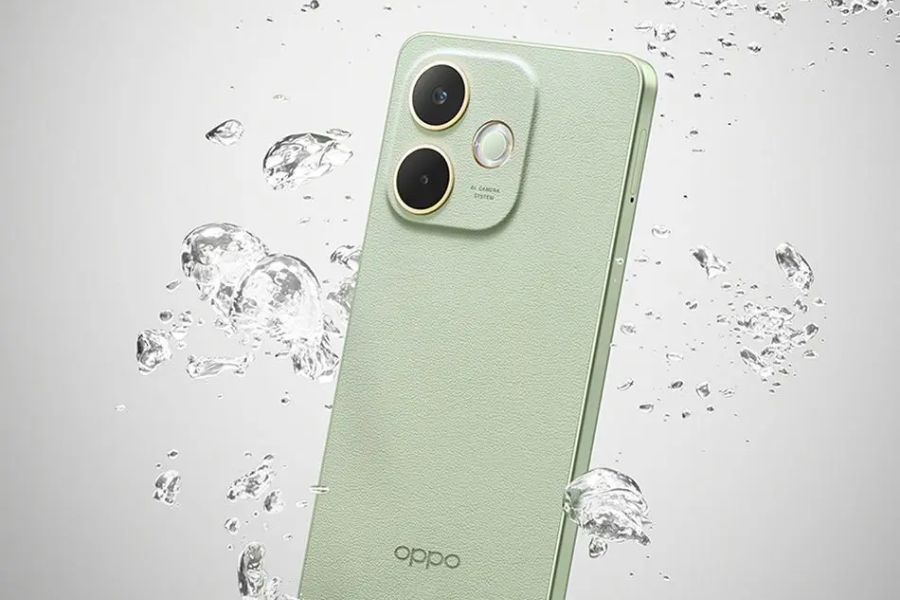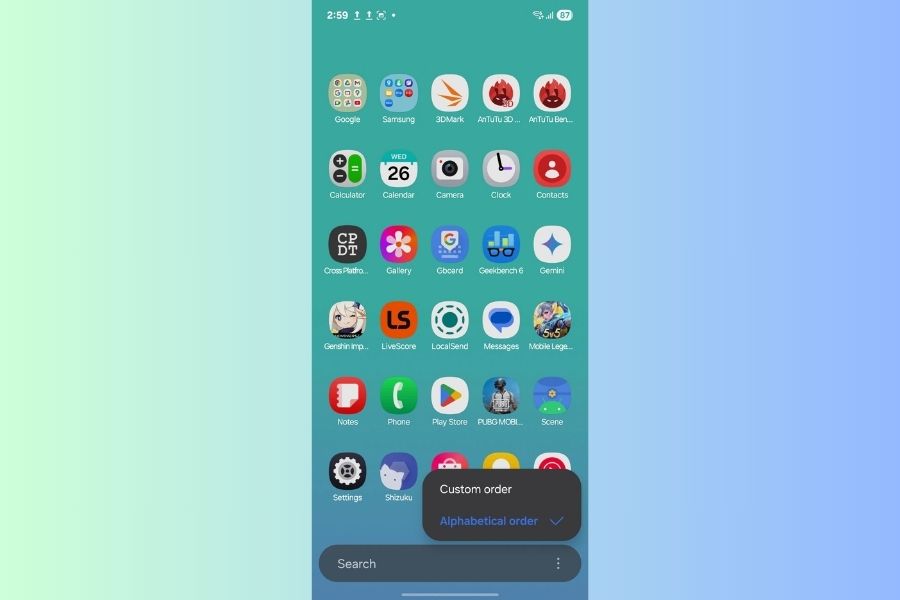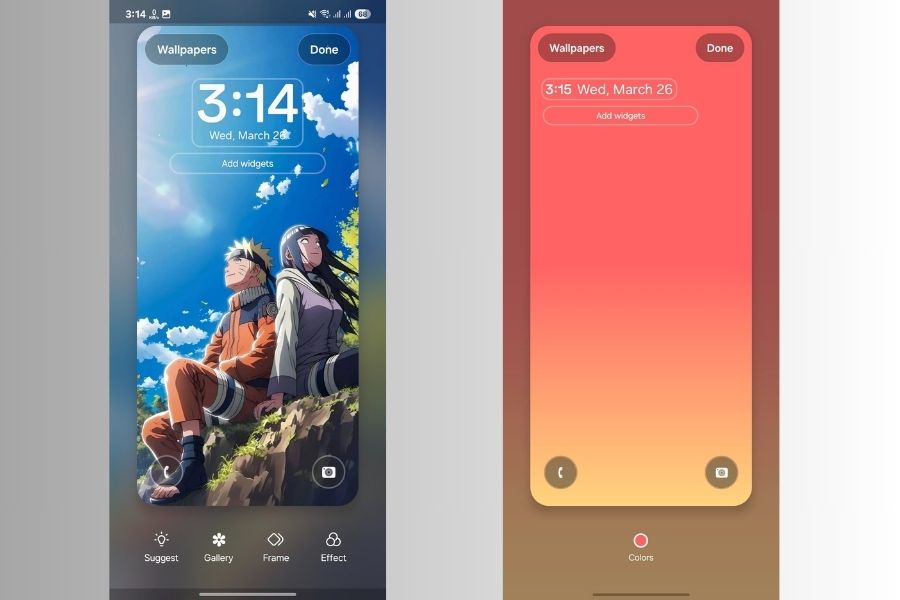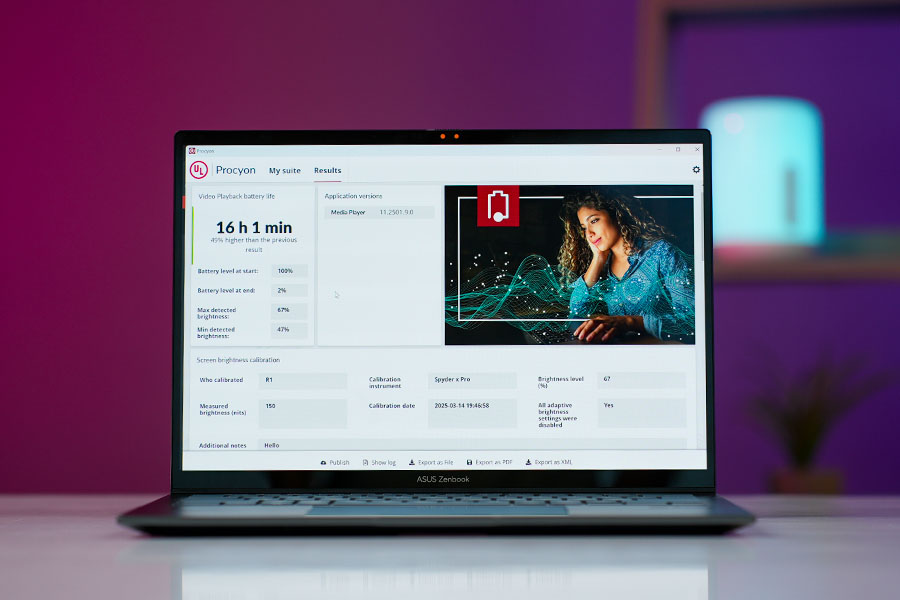Technological progress has elevated gaming experiences, from the joy of classic games like Mario on old desktops and Snake on Nokia phones to the thrill of modern games like Cyberpunk and GTA V on the latest console. In this article let’s talk about the newest Sony PlayStation including its full specifications, availability, and price in Nepal.
Sony PlayStation in Nepal
Nepa Hima Trade Link is the authorized distributor of Sony products in Nepal. So along with the Sony smartphones, cameras, and TVs, PlayStation is made available all over Nepal through the Nepa Hima Trade link. Currently, the PS5 PlayStation is available in Nepal through an authorized vendor. That includes the PS5 Disc and Digital variants. Since the discontinuation of the PlayStation 4 series, it is no longer available in Nepal. Although, you can get yourself a secondhand PS4 in marketplaces if you don’t want to spend a fortune on a gaming console.
1. PlayStation 5 Pro (PS5 Pro)
The PS5 Pro is Sony’s mid-cycle refresh announced in 2024. It features a beefier GPU and a design iteration over the original PS5. While the PS5 and the PS5 Slim shipped with the same hardware and promised similar levels of performance, the PS5 Pro is much more powerful in terms of graphics prowess promising an uplift of up to 45% in games.

The PS5 Pro GPU has a performance of 16.7 TFLOPS from the 10.28 in the base variant while it also has 67% more compute units and 28% faster memory. With that, you can enjoy more stable native 4k gameplay on big TVs and achieve higher FPS numbers too.
But besides that, there aren’t many other changes compared to the Slim or original, it’s slighter and taller than the Slim but has the same thickness as a digital edition. Oh, you also don’t get a disc drive by the way but you can purchase and mount one separately. The internal storage has also been upgraded to 2TB to accommodate larger games, and there’s a new AI upscaling tech called PSSR, which is exclusive to the PS5 Pro.
Finally, the console also supports VRR, 8K output, and WiFi 7 and has improved hardware-accelerated ray tracing.
PS5 Pro Specifications:
| Dimensions (WxDxH) |
Digital: 15.2 in × 3.5 in × 8.5 in, 3.1kg |
| CPU |
3.5/3.85GHz AMD Ryzen Zen 2 8-core/16-thread |
| GPU |
Custom AMD RDNA 2 Family (16.7 TFLOP) |
| System Memory |
16GB GDDR6 |
| Storage |
2TB |
| Bluetooth |
Bluetooth 5.1 |
| Wi-Fi |
802.11a/b/g/n/ac/ax/be Wi-Fi 7 |
| Optical out |
No |
| AV out |
HDMI 2.1 |
| Power consumption |
218W max |
| Streaming |
4k at 120fps, 8K support |
| HDR |
Yes |
| USB |
USB 3.2 (x2) |
| USB-C |
USB 3.2 (x1) |
| PSSR support |
Yes |
PlayStation PS5 Pro Price in Nepal [Updated 2025]
The official price of the Sony PlayStation 5 Pro in Nepal is NPR 135,000. You can buy it via our affiliate partner Hukut Store.
| Gaming Console |
Price in Nepal |
| Sony PlayStation 5 Pro (2TB SSD) |
Rs. 135,000 |
Buy Here
2. DualSense Wireless Controller
The new DualSense controller is a significant part of the PS5 experience, building upon the legacy of the DualShock 4 with improved haptic feedback and adaptive triggers on the L2 and R2 buttons. The controller’s design has changed to accommodate these enhancements and a built-in microphone array. The “Share” button has been replaced with a “Create” button for more personalized content sharing, and the light bar has been repositioned for legacy support.
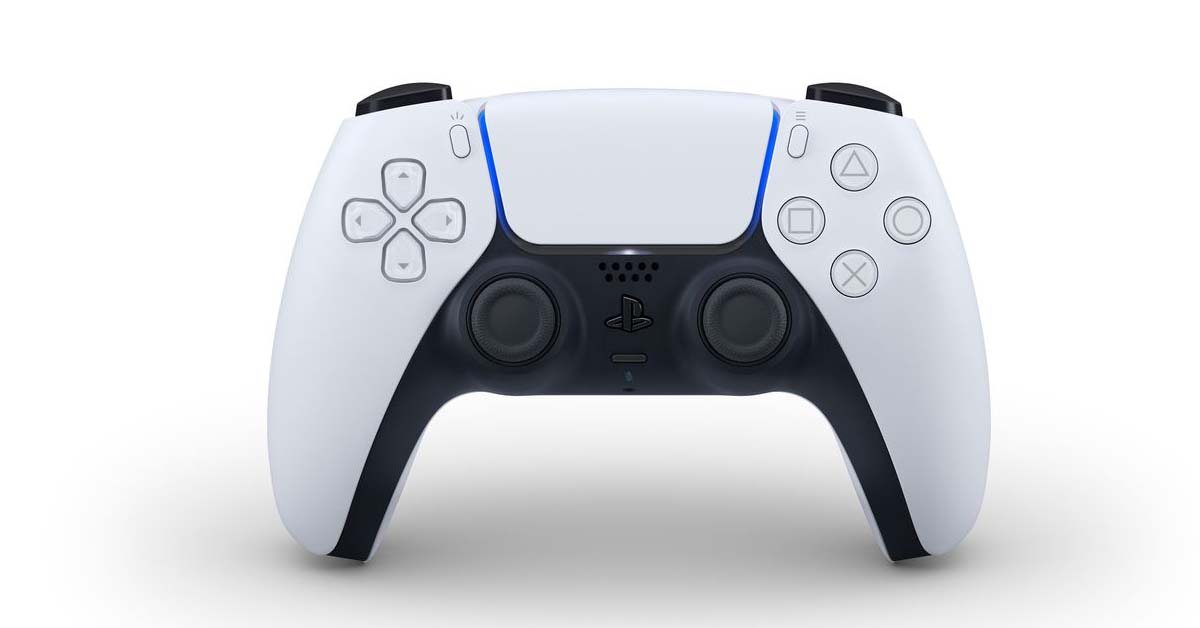
The controller now sports a two-tone color scheme, a departure from the single color tone of previous controllers. The design is more modernized and ergonomic than the Dual Shock 4 controller. It is a bit heavier and larger though at ~ 280 grams compared to the ~210 grams of the previous generation.
All in all, these improvements make the DualSense a compelling upgrade over the DualShock 4. And it is highly recommended to complete that PS5 experience.
PlayStation DualSense Wireless Controller Price in Nepal
The PlayStation DualSense controller’s official price in Nepal is NPR 20,000.
| Model Name |
Price in Nepal |
| PlayStation DualSense Wireless Controller |
NPR 20,000 (Official) |
| NPR 9,500 (Grey) |
3. PlayStation 5 Slim
While this is a revamped version of the original PS5, it does not get a new name. Though we are referring to the console as ‘Slim’, Sony isn’t. It is simply the “PlayStation 5” with a ‘new slimmer size’. And talking of the size, the newer PS5(s) are 30% less in volume compared to the standard variants.
The disc model now weighs 3.2kg which is over 18% lighter than the current PS5 (3.9 kg) and the digital version weighs 2.6kg which is over 24% less than the current PS5 Digital Edition (3.4 kg)-without the detachable disc drive that is.
Detachable Disc Drive
A new feature of the newer PS5 or the PS5 Slim is the ‘detachable drive’.
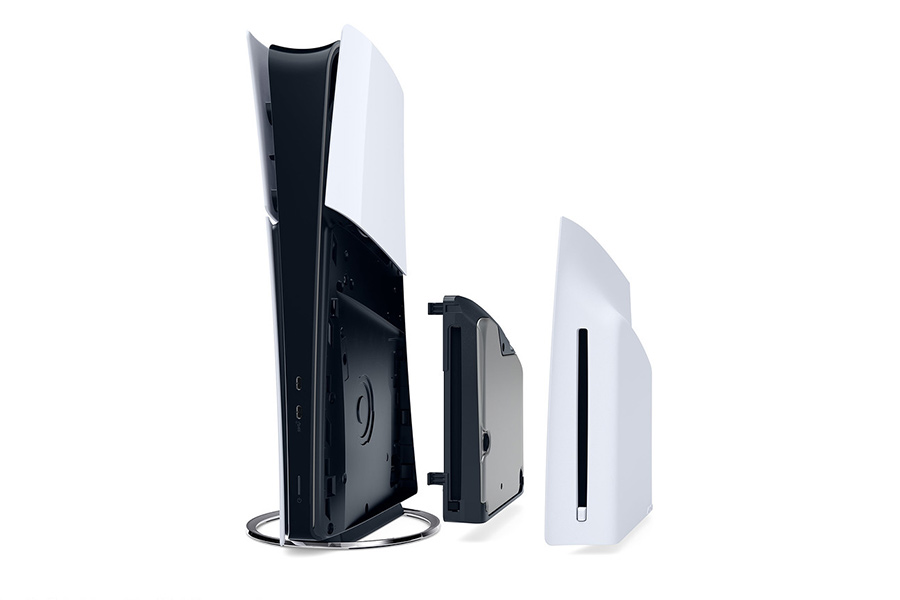
On purchase, you can decide to get a disc variant of the PS5 Slim or a disc-less one. But that choice is no longer permanent. Sony is also selling a detachable Ultra HD Blu-Ray Disc Drive which you can attach to your “Digital” PS5 Slim. This additional purchase will cost you extra though and weigh about 600 grams.
But despite the smaller footprint, the PS5 SLIM doesn’t get a performance downgrade. It still houses the same CPU, GPU, and RAM. You do get a sweet storage upgrade though from 825GB to 1TB. So, you can basically think of the Slim as a regular PS5 but in a smaller package.
PS5 Slim Specifications:
| Dimensions (WxDxH) |
Disk Variant: 14.1in × 3.78in × 8.5in, 3.2 kg |
| Digital Variant: 14.1in × 3.14in × 8.5 in, 2.6 kg |
| CPU |
3.5GHz AMD Ryzen Zen 2 8-core/16-thread |
| GPU |
Custom AMD Navi/ RDNA 2 Family (10.3 TFLOP) |
| System Memory |
16GB GDDR6 |
| Storage |
1TB |
| Bluetooth |
Bluetooth 5.1 |
| Wi-Fi |
802.11a/b/g/n/ac/ax Wi-Fi 6 |
| Optical out |
No |
| AV out |
HDMI 2.1 |
| Power consumption |
201W max |
| Streaming |
4k at 120fps, 8K support |
| HDR |
Yes |
| USB |
USB 3.2 (x2) |
| USB-C |
USB 3.1 (x1), USB 3.2 (x1) |
| PSVR support |
Yes |
Buy Here
PlayStation PS5 Slim Price in Nepal [Updated 2025]
The PlayStation 5 Slim (Disc Edition) price in Nepal is now Rs. 95,000 after the latest price drop.
| Gaming Console |
Price in Nepal |
| Sony PlayStation 5 Slim Disc Edition (1TB SSD) |
Rs. 110,000 Rs. 95,000 |
4. PlayStation 5 (PS5)
There are two variants of the Sony PlayStation 5. The only difference between the two is the availability of an optical drive, since the standard edition is equipped with a 4K UHD Blu-ray drive that the Digital Edition lacks. The new Sony PlayStation 5 sports a futuristic look. Sony is right in its claim that the design is bold, stunning, and unlike any previous generation of PlayStation.

The black and white color scheme on the console matches the DualSense controller that the company showcased months ago. It is well complemented by the blue lighting effect as well. The Standard Model is recognizable thanks to the bulge because of the incision of the disc drive. The Digital Edition doesn’t have that and is thus, less bulky.
The PlayStation 5 (PS5) brings substantial improvements over its predecessor. It is equipped with an 8-core, 16-thread CPU that can reach up to 3.5 GHz compared to the PS4’s 8 Jaguar Cores running at 1.6 GHz. Similarly, its GPU has 36 CUs (Compute Units) at 2.23GHz, offering 10.3 TFLOPs (variable frequency), which is a substantial improvement over the PS4’s 18 CUs at 800MHz, providing 1.84 TFLOPs1. The newer Sony console also has double the memory of the PS4, boasting 16GB GDDR6 compared to the PS4’s 8GB GDDR5. Moreover, games also load a lot faster thanks to a custom 825GB SSD on the PS5.
PS5 Specifications:
| Dimensions (WxDxH) |
Disk: 15.35 in x 4.1in x 10.23 in, 4.5kg |
| Digital: 15.35 in × 3.62 in × 10.23 in, 3.9kg |
| CPU |
3.5GHz AMD Ryzen Zen 2 8-core/16-thread |
| GPU |
Custom AMD Navi/ RDNA 2 Family (10.3 TFLOP) |
| System Memory |
16GB GDDR6 |
| Storage |
825 GB |
| Bluetooth |
Bluetooth 5.1 |
| Wi-Fi |
802.11a/b/g/n/ac/ax Wi-Fi 6 |
| Optical out |
No |
| AV out |
HDMI 2.1 |
| Power consumption |
218W max |
| Streaming |
4k at 120fps, 8K support |
| HDR |
Yes |
| USB |
USB 3.2 (x2), USB 3.2 (x1) |
| USB-C |
USB 3.2 (x1) |
| PSVR support |
Yes |
Since the newer PS5 slim costs about the same as the PS5, there might be very little incentive to buy it all at full price. But, it might be worth it since they have dropped in price since launch. Do note that, Sony has confirmed that they will not be making any more of the (older) PS5s and only sell the newer PS5 (Slim), so you might have to hurry.
PlayStation PS5 Price in Nepal [Updated 2025]
The official price of the Sony PlayStation 5 in Nepal is NPR 80,000 for the standard edition and NPR 73,500 for the Digital Edition after the latest price drop.
| Gaming Console |
Price in Nepal |
| Sony PlayStation 5 Disc Edition (825GB SSD) |
Rs. 105,000 Rs. 80,000 |
| Sony PlayStation 5 Digital Edition (825GB SSD) |
Rs. 90,000 Rs. 73,500 |
Buy Here
5.PlayStation PS4

Here’s the thing: the PlayStation 4 has been discontinued worldwide since the release of the PlayStation 5, and this includes Nepal. This means that the Sony PS4 can no longer be bought through authorized channels in Nepal. However, you can still purchase it through other means, such as the grey market. Searching for a PS4 in the grey market can be challenging, and if you’re lucky, you might find a new one; otherwise, it’s unlikely. Nevertheless, you can still acquire a PlayStation 4 second-hand from platforms like Facebook Marketplace and HamroBazar. The PS4 price in Nepal ranges from NPR 22,000 to NPR 35,000.
Is the PS4 Worth Buying in 2025?
It depends. The decision to buy a PS4 in 2025 largely depends on the types of games you want to play. Games like Battlefield 2042, Apex Legends, and Borderlands 3 are available on both PS4 and PS5. However, games exclusive to the PS5 cannot be played on the PS4. If you want a larger 4K experience with better performance, you might want to spend a bit more and go for the PS5.
The PlayStation has three variants; PS4, PS4 Slim, and PS4 Pro. Pro is the bigger one with better performance and a smoother refresh rate. At the same time, the Slim variant is more sleeker and lighter in design while having identical performance.
| Specification |
PS4 Slim |
PS4 Pro |
PS4 |
| Dimensions |
265 mm x 39 mm x 288 mm, 2.1 kg |
295 mm x 55 mm x 327 mm, 3.3 kg |
275 mm x 53 mm x 305 mm, 6.1 lb |
| Processor |
AMD 8-core Jaguar CPU, 1.6GHz |
AMD 8-core Jaguar CPU, 2.13GHz |
AMD 8-core Jaguar CPU |
| Graphics Card |
1.84 TFLOPS, 800Hz |
4.2 TFLOPS, 911Hz |
1.84 TFLOPS, 800Hz |
| Storage |
500 GB Hard Drive |
1 TB |
500 GB Hard Drive |
| RAM |
8 GB GDDR5 |
8 GB GDDR5 |
8 GB GDDR5 |
| Video Memory |
256 MB |
256 MB |
256 MB |
| Disc Drive |
Blu-ray/DVD |
Blu-ray/DVD |
Blu-ray/DVD |
| Wi-Fi |
Yes, 802.11b/g/n |
Yes, 802.11b/g/n/ac |
Yes, 802.11b/g/n |
| Bluetooth® |
Yes, 2.1 (EDR) |
Yes, 4.0 |
Yes, 2.1 (EDR) |
| HDMI Port |
Yes, HDMI 2.0a – 1080p |
Yes, HDMI 2.0b – 4K/HDR |
Yes, HDMI 2.0a – 1080p |
| TOSLINK |
No |
Yes |
Yes |
| Ethernet (LAN, RJ45) |
Yes |
Yes |
Yes |
| USB |
Yes, USB 3.0 x2 |
Yes, USB 3.1 x3 |
Yes, USB 3.0 x2 |
| Maximum Gamepads |
7 |
7 |
7 |
| Accelerometer |
Yes |
Yes |
Yes |
| Gyroscope |
Yes |
Yes |
Yes |
Sony PlayStation Price in Nepal [Updated 2025]
| Model |
Price in Nepal |
| Sony PlayStation PS5 Slim (1TB) |
NPR 90,000 |
| Sony PlayStation PS5 Pro (2TB) |
NPR 135,000 |
Where to buy Sony PlayStation in Nepal?
If you are thinking of buying a PlayStation, then you can visit the Sony showrooms in Kantipath, Labim Mall (Second Floor), or Jawalakhel or you can contact the information provided. Or else, do visit our affiliate partner Matechi by visiting their store at New Road, Kathmandu.
Corporate Head Office:
- Bakhundole, Lalitpur: +977-01-5550705
SONY Center:
- Kantipath, Kathmandu: +977-01-4250305
- Jawalakhel, Lalitpur: +977-01-5526300
- New Road, Kathmandu: +977-01-4243793
Matechi:
- New Road, Kathmandu: +977-9801100037
Also Read: Sony Camera Price in Nepal






![Sony PlayStation Price in Nepal [Updated 2025] Sony PlayStation Price in Nepal [Updated 2025]](https://cdn.gadgetbytenepal.com/wp-content/uploads/2020/03/Playstations-price-in-nepal.jpg)






